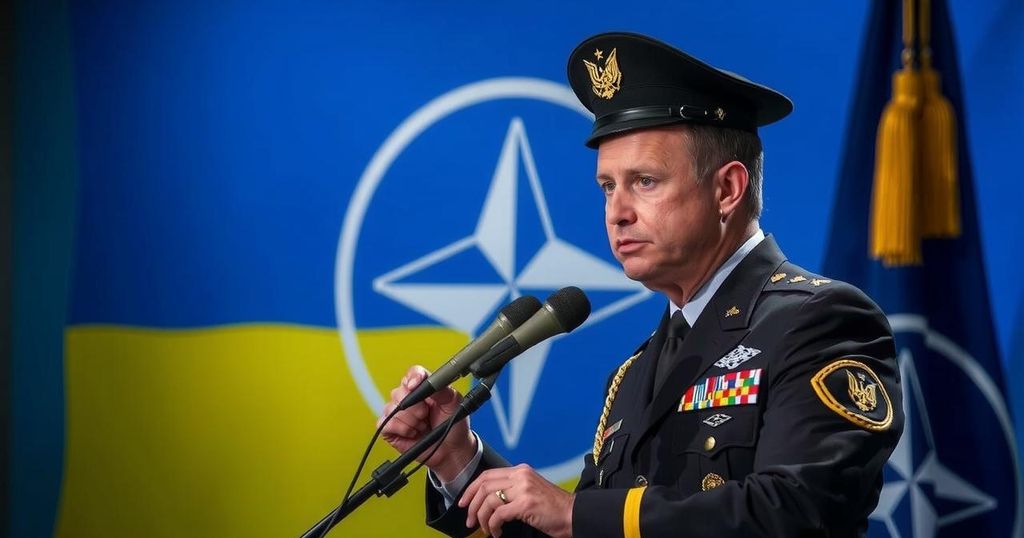NATO Secretary-General Mark Rutte cautioned President-elect Donald Trump that a weak peace deal with Russia could empower authoritarian regimes like China, Iran, and North Korea. Rutte emphasized the dangers of insufficient support for Ukraine, linking it to increased security threats in Europe and beyond. His remarks follow discussions on foreign policy and the geopolitical implications of the ongoing conflict.
Mark Rutte, NATO Secretary-General, has expressed significant concerns to President-elect Donald Trump regarding the potential repercussions of pressuring Ukraine into a suboptimal peace agreement with Russia. Rutte indicated that such a deal could pose a “dire threat” by emboldening adversarial regimes like China, Iran, and North Korea. He articulated that a peace settlement that inadequately supports Ukraine would not only jeopardize European security but would have broader implications for global stability. Rutte highlighted the existing collaboration among these authoritarian states in military and economic spheres, cautioning that a weak agreement could enable them to exploit the situation further. “We cannot have a situation where we have Kim Jong-un and the Russian leader and Xi Jinping and Iran high-fiving because we came to a deal which is not good for Ukraine,” he emphasized. He elaborated that the outcome could exacerbate security threats to both Europe and the United States. Rutte’s comments followed a discussion on November 23 between Trump and his foreign policy advisors concerning these critical issues. Meanwhile, in a recent acknowledgment, UK Prime Minister Keir Starmer conceded that the Russo-Ukrainian war would likely culminate in a negotiated settlement. Trump’s team, however, maintains that the conflict primarily concerns Europe, advocating instead for a focus on pivotal issues involving China and Iran.
The warning from NATO’s Secretary-General emerges against a backdrop of escalating geopolitical tensions stemming from the Russo-Ukrainian conflict. The exchange highlights the prevailing concerns among Western leaders regarding the implications of any negotiated peace that may undermine Ukraine’s sovereignty and security. With increasing military cooperation between China, Russia, North Korea, and Iran, the interconnectedness of these authoritarian regimes poses a significant challenge to global stability, particularly should Ukraine’s situation worsen due to insufficient support. This context is critical for understanding the urgent need for a robust stance on Ukraine’s future amidst international dynamics.
In conclusion, Mark Rutte’s cautionary message to Donald Trump underscores the potential global ramifications of a weak peace agreement with Russia regarding Ukraine. His concerns reflect broader fears that such an outcome could embolden authoritarian regimes around the world, posing significant security challenges to Europe and the United States. The urgency of robust support for Ukraine remains evident as international leaders navigate the complexities of the Russo-Ukrainian war and its broader implications in global politics.
Original Source: euromaidanpress.com






